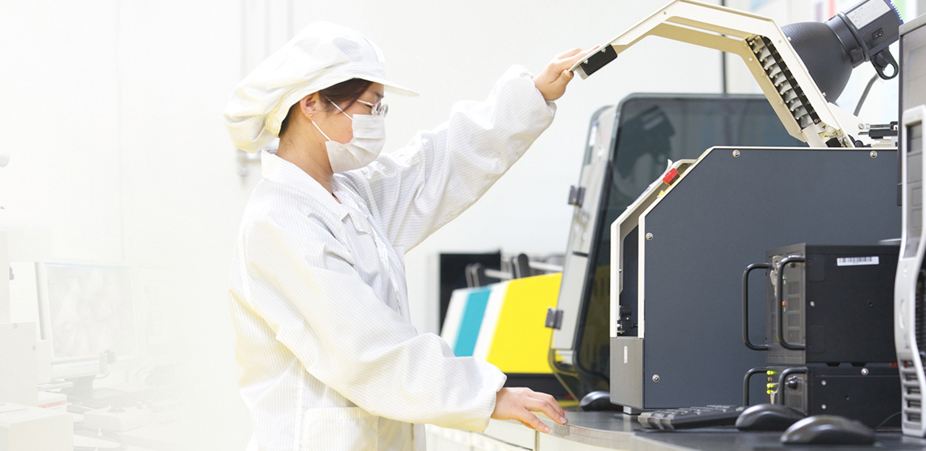The preliminary figures contrast sharply with the net profit of 96.08 million yuan it posted in 2015.
It attributed its poor results to a “significant decline” in the solar market in the second half of 2016.
It also said that gross margins on its main products fell, partly due to foreign-exchange losses.
In addition, ongoing efforts to restructure its business and shift away from the provision of EPC services contributed to the expected loss, according to a statement to the Shanghai stock exchange.
The company — based in Jiangyin, Jiangsu province — recorded a net profit of 45.29 million yuan ($6.68 million) in the January-September period, down 9.5% from the preceding year.
Its operational solar assets in China stood at 220.49 MW by the end of the third quarter. It did not reveal full-year capacity figures in its most recent online statement.
Last February, Hareon emerged unscathed after United Photovoltaics scrapped a $90 million lawsuit against the company over an ill-fated deal to build 930 MW of solar in China.
In July, a subsidiary of the Hareon group unveiled plans to invest $40 million in the construction of 160 MW of PV in India, in collaboration with Keshav Power.
And in August, the company announced plans to invest 51 million yuan in a new solar generation unit and a construction subsidiary, in addition to another 10 million yuan investment in an R&D centre in Wuxi, Jiangsu province.
This content is protected by copyright and may not be reused. If you want to cooperate with us and would like to reuse some of our content, please contact: editors@pv-magazine.com.



By submitting this form you agree to pv magazine using your data for the purposes of publishing your comment.
Your personal data will only be disclosed or otherwise transmitted to third parties for the purposes of spam filtering or if this is necessary for technical maintenance of the website. Any other transfer to third parties will not take place unless this is justified on the basis of applicable data protection regulations or if pv magazine is legally obliged to do so.
You may revoke this consent at any time with effect for the future, in which case your personal data will be deleted immediately. Otherwise, your data will be deleted if pv magazine has processed your request or the purpose of data storage is fulfilled.
Further information on data privacy can be found in our Data Protection Policy.